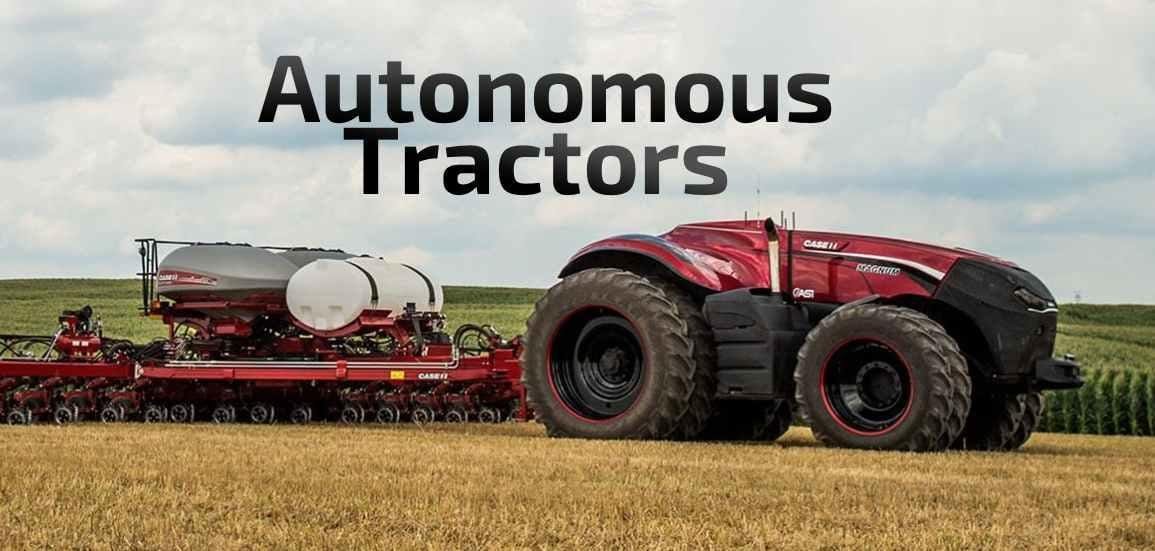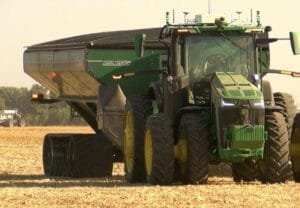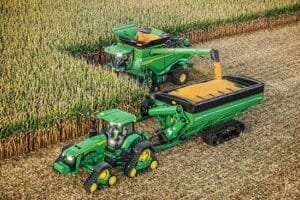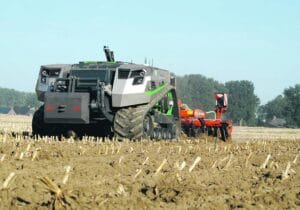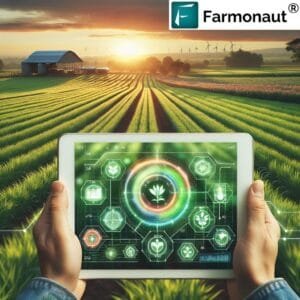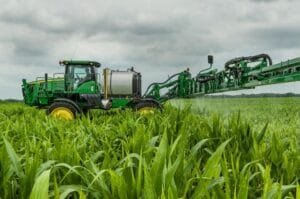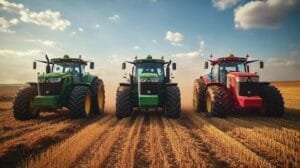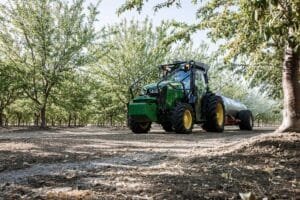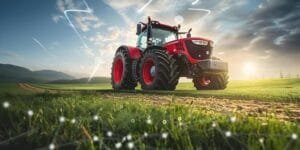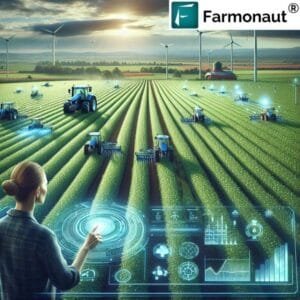The agricultural sector stands at the cusp of a transformative shift as electric tractors emerge as a viable alternative to traditional diesel-powered machinery. These battery-powered vehicles, equipped with autonomous capabilities, represent a convergence of sustainable energy and artificial intelligence in farming operations. While conventional tractors have dominated fields for over a century, the integration of electric powertrains and self-driving technologies promises to reshape how crops are cultivated, soil is prepared, and harvests are managed. This technological evolution addresses both environmental concerns and the growing need for precision agriculture in modern farming practices. The agricultural landscape is undergoing a important transformation as autonomous electric tractors emerge as game-changers in modern farming practices. These innovative machines combine zero-emission technology with advanced artificial intelligence, revolutionizing how farmers approach their daily operations.
Traditional diesel-powered tractors are being replaced by their electric counterparts, which offer substantial benefits in terms of operational costs and environmental impact.These machines can operate continuously for up to 10 hours on a single charge, making them suitable for most farming tasks. The integration of smart charging systems allows for quick power replenishment during short breaks, ensuring minimal disruption to farming schedules.Advanced sensor systems and GPS technology enable these tractors to navigate fields with remarkable precision. They can follow pre-programmed routes, adjust their speed based on terrain conditions, and maintain optimal spacing between crop rows. This level of accuracy reduces waste, minimizes soil compaction, and ensures consistent coverage across fields.
The autonomous capabilities extend beyond basic navigation. These tractors can analyze soil conditions in real-time, adjust implement depths accordingly, and even detect obstacles or potential hazards. Machine learning algorithms continuously improve their performance by learning from each operation, making them increasingly efficient over time.Farmers can monitor and control multiple electric tractors simultaneously through sophisticated mobile applications. These platforms provide real-time data on machine performance, battery levels, and task completion status. Remote operation capabilities allow farmers to manage their fleet from anywhere, optimizing resource allocation and improving overall farm productivity.
Energy management systems in these tractors incorporate regenerative braking and smart power distribution, maximizing battery efficiency. Solar charging stations can be integrated into farming operations, creating a sustainable energy ecosystem that reduces dependency on external power sources.
The economic advantages are compelling. While the initial investment might be higher than conventional tractors, the reduced maintenance requirements and lower operating costs result in significant long-term savings. Electric tractors have fewer moving parts, requiring less maintenance and experiencing fewer mechanical failures.
Weather resistance and durability have been key focus areas in design. These machines are built to withstand harsh agricultural conditions, featuring sealed electrical components and robust construction. Advanced thermal management systems ensure reliable operation across various temperature ranges.Integration with existing farm management systems allows these tractors to become part of a broader smart farming ecosystem. They can communicate with irrigation systems, harvesting equipment, and crop monitoring tools, creating a coordinated approach to agricultural operations.
As technology continues to evolve, these machines are becoming increasingly sophisticated. Features like automated implement attachment, predictive maintenance alerts, and advanced crop analysis capabilities are being incorporated, further enhancing their value to modern farming operations.

